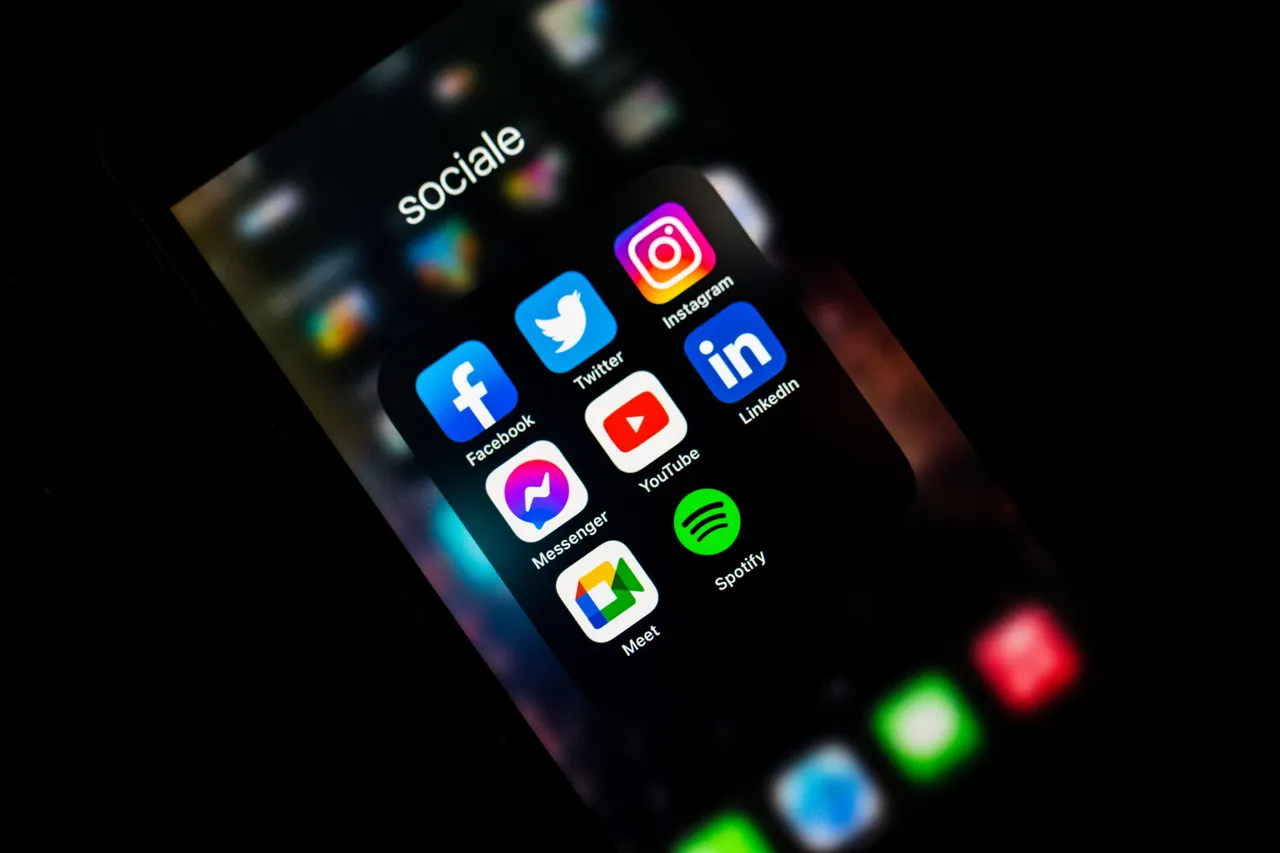
In today's interconnected world, social media has become an integral part of our daily lives. It has revolutionized the way we communicate, share information, and interact with others. However, as the influence of social media continues to grow, it is crucial to critically examine its impact on various aspects of society. From communication dynamics to mental health concerns, privacy issues, and the spread of misinformation, the effects of social media are both profound and multifaceted.
Social media platforms have reshaped the way we communicate, breaking down geographical barriers and enabling instantaneous connections across the globe. It has provided a platform for diverse voices, facilitating the exchange of ideas and fostering online communities. However, the prevalence of online interactions has also raised concerns about the erosion of face-to-face communication skills and the potential for misinterpretation or miscommunication in digital conversations.
While social media has its benefits, it has also been linked to various mental health challenges. The constant exposure to carefully curated online personas, cyberbullying, and the pressure to conform to societal standards of beauty and success can negatively impact self-esteem and mental well-being. It is crucial to promote digital well-being and raise awareness about healthy online habits to mitigate these risks.

The vast amount of personal data shared on social media raises legitimate concerns about privacy and data security. Users must be mindful of the information they share and the privacy settings they choose. Additionally, the collection and use of personal data by social media platforms and third-party entities have sparked debates surrounding data ownership, consent, and the need for robust privacy regulations.
The rapid spread of misinformation and the formation of echo chambers on social media platforms pose significant challenges to societal discourse. False or misleading information can quickly go viral, influencing public opinion, and undermining trust in traditional media sources. It is essential for users to exercise critical thinking, fact-check information, and promote digital literacy to combat the spread of misinformation.
As the influence of social media continues to grow, there is an ongoing debate about the role of regulation in ensuring user safety, privacy, and responsible content dissemination. Striking a balance between free expression and safeguarding against harmful content remains a complex challenge that requires collaboration between policymakers, tech companies, and users.
The impact of social media on society is undeniable. It has transformed the way we communicate, share information, and interact with one another. While social media has brought numerous benefits, such as increased connectivity and access to information, it is crucial to address the challenges it presents. By promoting digital well-being, fostering critical thinking skills, and implementing responsible use of social media, we can harness its potential while mitigating the negative consequences.
Do you have a favourite platform that you think you spend too much time on?
Write down in the comments